Quail Eggs
18.00 AEDTray (18 pcs)
Quail eggs are a great source of nutrients such as protein, vitamins, and minerals, making them a healthy addition to any diet. Some people also believe that quail eggs have medicinal properties and can help with conditions like allergies and asthma. However, it’s important to note that there is limited scientific evidence to support these claims. Overall, incorporating quail eggs into your diet can provide numerous health benefits.
Quail Eggs
Are small eggs from quails, a type of bird. They have a similar flavor to chicken eggs but are richer and creamier. They are also nutritious, containing protein, fat, and various vitamins and minerals.
They have a richer and creamier taste than chicken eggs because they have a higher yolk-to-white ratio. They are also slightly milder and have a smoother consistency. Some people may prefer quail eggs for their more intense yolk flavor.
Daily Intake
There is no definitive answer to how many quail eggs you should eat per day, as it depends on your individual needs and preferences. However, some factors to consider are:
- Their eggs are small, so three to four of them roughly equate to the serving size of one chicken egg.
- They are nutritious, providing protein, fat, and various vitamins and minerals, such as vitamin B12, selenium, riboflavin, and choline.
- They are also high in cholesterol, so you may want to limit your intake if you have high blood cholesterol levels or risk factors for heart disease.
A general guideline is to eat them in moderation, as part of a balanced diet that includes other sources of protein, fiber, and healthy fats. You can also consult your doctor or a nutritionist for more personalized advice.
Testing the Freshness
To determine the freshness of eggs, utilize the straightforward float test. Adhere to the following steps:
- To start, please get a bowl and fill it with cold water. Then, gently put the egg(s) into the bowl, being careful not to damage them.
- If an egg sinks to the bottom and lies on its side, you can be confident that it is very fresh and completely safe to eat.
- If the egg cannot stand upright on its bottom, do not consume it. However, if it can stand upright, it is still safe to eat but it is highly recommended to either consume it promptly or boil it thoroughly.
- If you notice that an egg is floating on the surface of the water, it is a sign that it has gone bad. You should not use it under any circumstances.
To check the freshness of an egg, examine it carefully after cracking it open. A fresh egg will have a firm and clear white, a bright yellow yolk, and no unpleasant smell. On the other hand, an egg that has gone bad will have a cloudy or runny white, a dull or flattened yolk, and a foul odor.
Storage
When it comes to storing, the method you choose will depend on your intended use and how long you want to keep them. Here are some general tips to keep in mind:
- To ensure that your quail eggs stay fresh for as long as possible, it’s best to store them in the fridge for a maximum of two months. You can use either plastic or cardboard packaging, but it’s important to place them with the pointed end facing downwards. This will help prevent any unnecessary cracking and keep your eggs in optimal condition.
- For preventing strong odors from being absorbed by quail eggs, it is recommended to keep them stored separately from meat, fish, and other strongly scented items.
- To ensure successful hatching, it is imperative that you store quail eggs in a cool and dry environment for a maximum of 40 days. Avoid exposing them to direct sunlight or heat sources at all costs.
- Boiled quail eggs can be stored in their shells in the refrigerator for a maximum of two days. It is crucial to note that soft-boiled quail eggs must not be kept for more than a few hours as they can spoil with ease.
Customer Reviews
Only logged in customers who have purchased this product may leave a review.
Fresh Leaf UAE
Fresh Leaf UAE is a premier supplier of fresh fruits and vegetables, dedicated to delivering exceptional quality produce to customers throughout Dubai and other parts of the United Arab Emirates. With a strong commitment to freshness, reliability, and customer satisfaction, Fresh Leaf UAE has established itself as a trusted name in the industry.
At Fresh Leaf UAE, we understand the importance of providing our customers with the finest and healthiest produce available. We work closely with local farmers, growers, and suppliers to ensure that every item we offer meets our rigorous standards for freshness, taste, and nutritional value. Our team of experts carefully handpicks each fruit and vegetable, ensuring that only the best makes it to your table.
Our extensive range of products includes a wide variety of fruits and vegetables, sourced both locally and from reputable international suppliers. From vibrant tropical fruits to crisp greens and a colorful array of seasonal produce, we have something to satisfy every taste and culinary need. Whether you're a restaurant owner, a hotel chef, or a health-conscious individual, we have the perfect selection to meet your requirements. We take great pride in our ability to provide consistent quality and reliability to our customers. With our state-of-the-art facilities and advanced storage solutions, we maintain optimal conditions for our produce, ensuring that it stays fresh and flavorful from the moment it is harvested until it reaches your doorstep. Our efficient supply chain and prompt delivery services guarantee that you receive your order on time, every time.














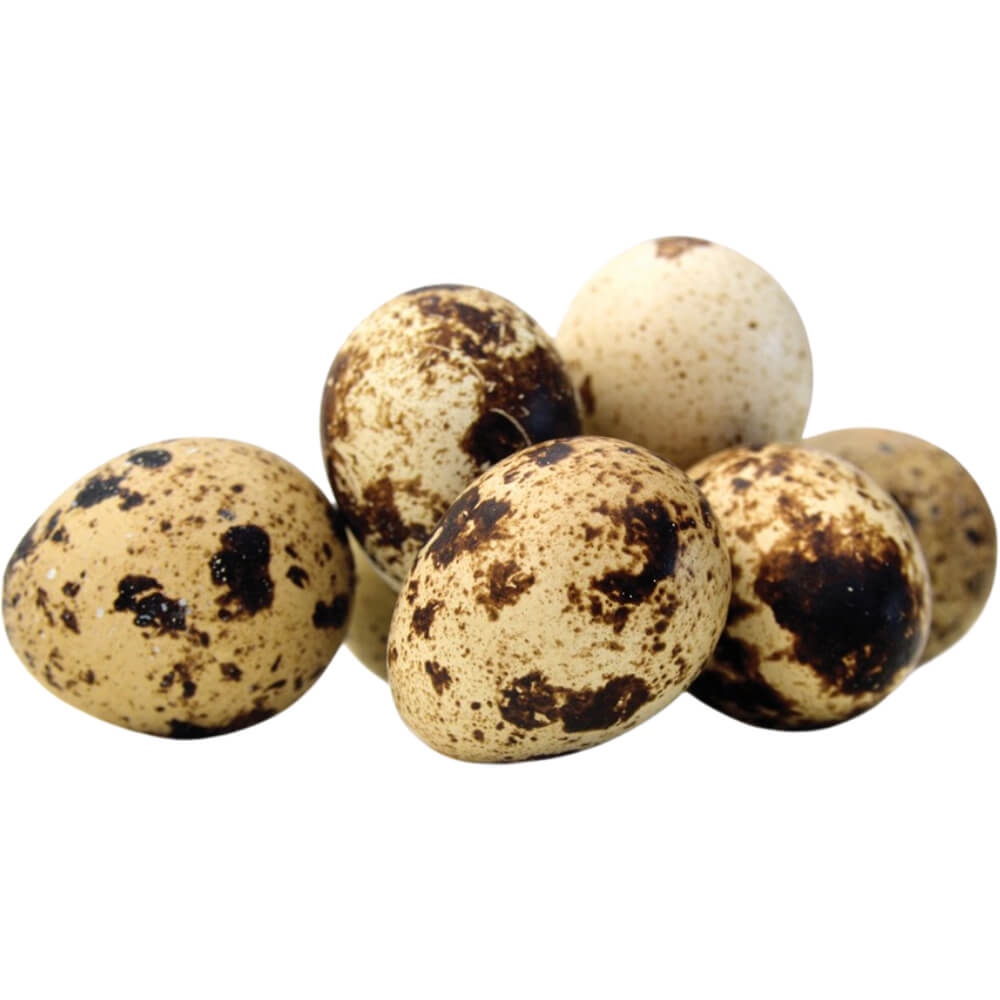
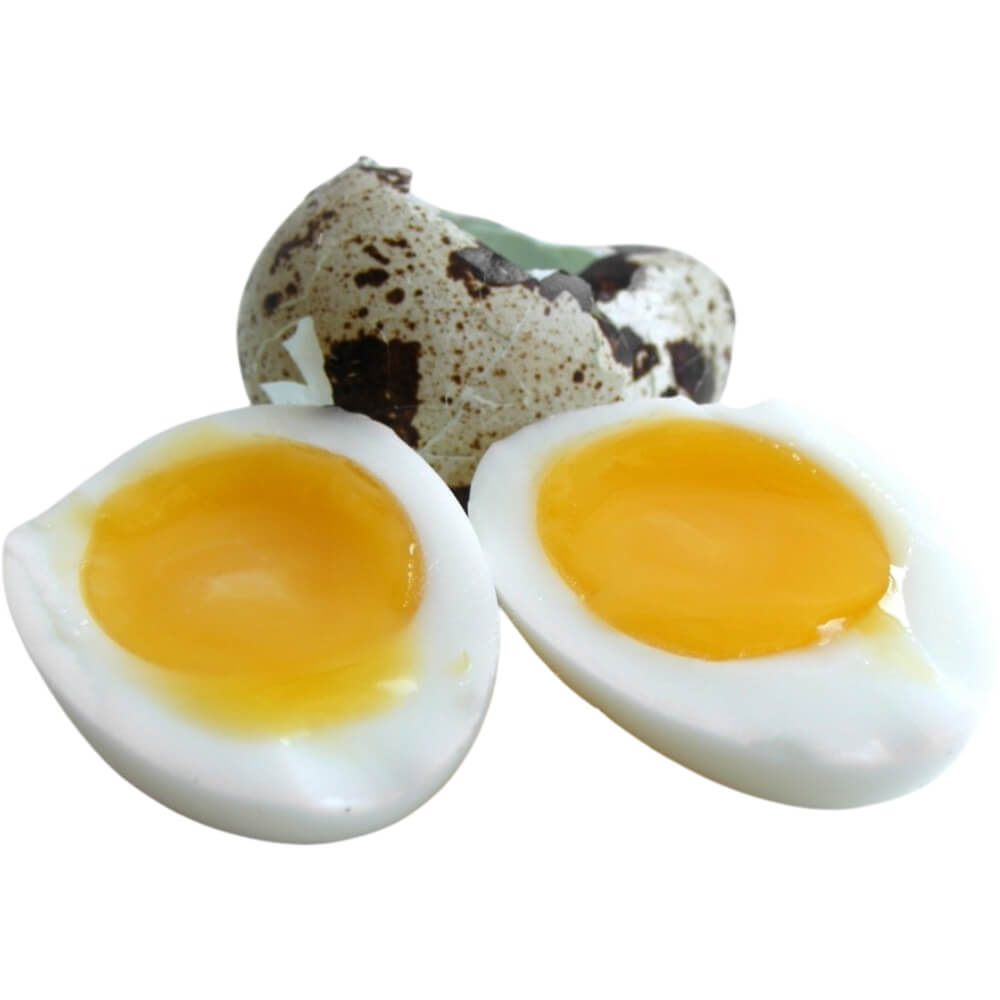
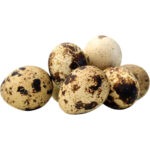
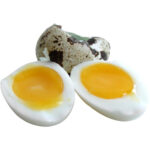

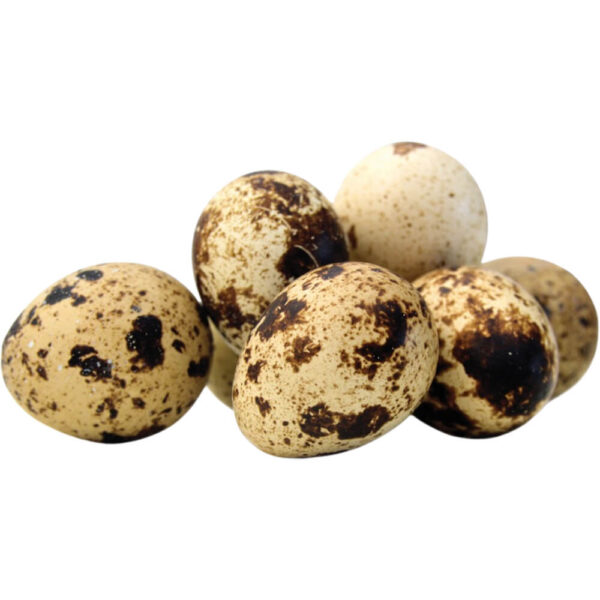
Reviews
Clear filtersThere are no reviews yet.